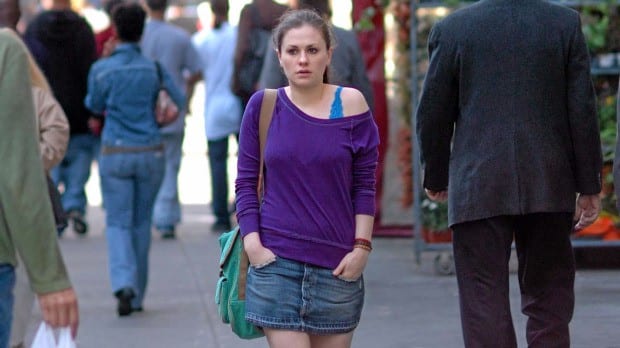
There’s a pivotal scene in the film Margaret, written and directed by Kenneth Lonergan, that bears a resemblance to the prisoner’s dilemma, when Lisa Cohen (Anna Paquin) talks to the police after witnessing a terrible bus accident that kills a pedestrian. The bus driver, Maretti (Mark Ruffalo), is interviewed separately, but as they make their statements to the police, he and Lisa are across the room from one another, making eye-contact, which heightens the tension. This isn’t a prisoner’s dilemma in the formal sense used by economists in game theory, the field revolutionized by John Nash in the early 1950’s: when two criminals are offered incentives by the authorities to confess to a crime (well-described by David Levine in his new book Is Behavioral Economics Doomed?) – but Lisa and Maretti are complicit in this accident, and in the scene I mention above, surely they are thinking very hard about what the other will say, particularly with regard to whether the light was red when the bus crossed the intersection and hit the pedestrian. (It was red, but they both claim otherwise. Later, Lisa tries to change her statement, and the film is driven by her awful guilt about the accident.) The discussions of game theory in Levine’s new book – and also Ariel Rubinstein’s Economic Fables – are excellent introductions to a complicated subject which studies how people interact when faced with conflicting interests. Many economists have worked to find practical applications of game theory, but Rubinstein, who has devoted his career to the field, is skeptical of these efforts:
[Game theory] enriches the discussion of economics and other fields of social sciences by focusing on strategic considerations, some of which we might not have been aware of. It is entertaining. And that is something; but it is not what people generally describe as useful. Incidentally, sometimes I wonder why we need to address the question of the usefulness of game theory at all. Does academic research have to be judged according to the immediate and practical benefit it brings?
